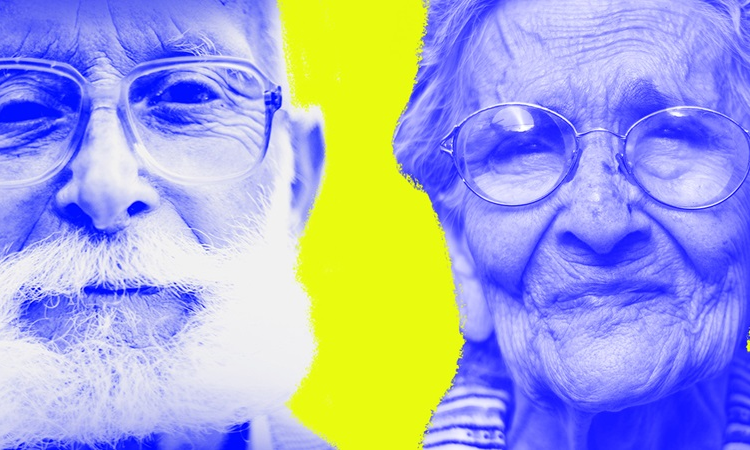Ensuring artificial intelligence (AI) technologies for health benefit older people – World Health Organization (WHO)

Geneva: Artificial intelligence (AI) technologies have the potential to improve older people’s health and well-being, but only if ageism is eliminated from their design, implementation, and use. A new policy brief, Ageism in artificial intelligence for health, released today by the World Health Organization (WHO) presents legal, non-legal and technical measures that can be used to minimize the risk of exacerbating or introducing ageism through these technologies.
Artificial intelligence (AI) technologies are revolutionizing many fields including public health and medicine for older people where they can help predict health risks and events, enable drug development, support the personalization of care management, and much more.
There are concerns, however, that, if left unchecked, AI technologies may perpetuate existing ageism in society and undermine the quality of health and social care that older people receive. The data used by AI can be unrepresentative of older people or skewed by past ageist stereotypes, prejudice or discrimination. Flawed assumptions of how older people wish to live or interact with technology in their daily lives can also limit the design and reach of these technologies, and the way AI technologies are used can reduce intergenerational contact or deepen existing barriers to digital access.
“The implicit and explicit biases of society, including around age, are often replicated in AI technologies,” notes Alana Officer, Unit Head, Demographic Change and Healthy Ageing, WHO. “To ensure that AI technologies play a beneficial role, ageism must be identified and eliminated from their design, development, use and evaluation. This new policy brief shows how.”
The following eight considerations could ensure that AI technologies for health address ageism and that older people are fully involved in the processes, systems, technologies and services that affect them.
Download the new policy brief here.
Media Contacts
Dr Vânia de la Fuente-Núñez
Technical Officer
World Health Organization
Related
News
Fact sheets
Facts in pictures







